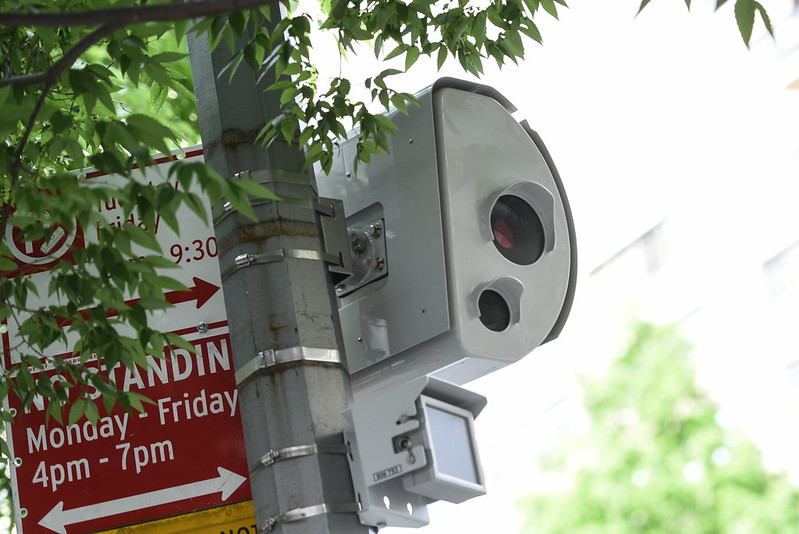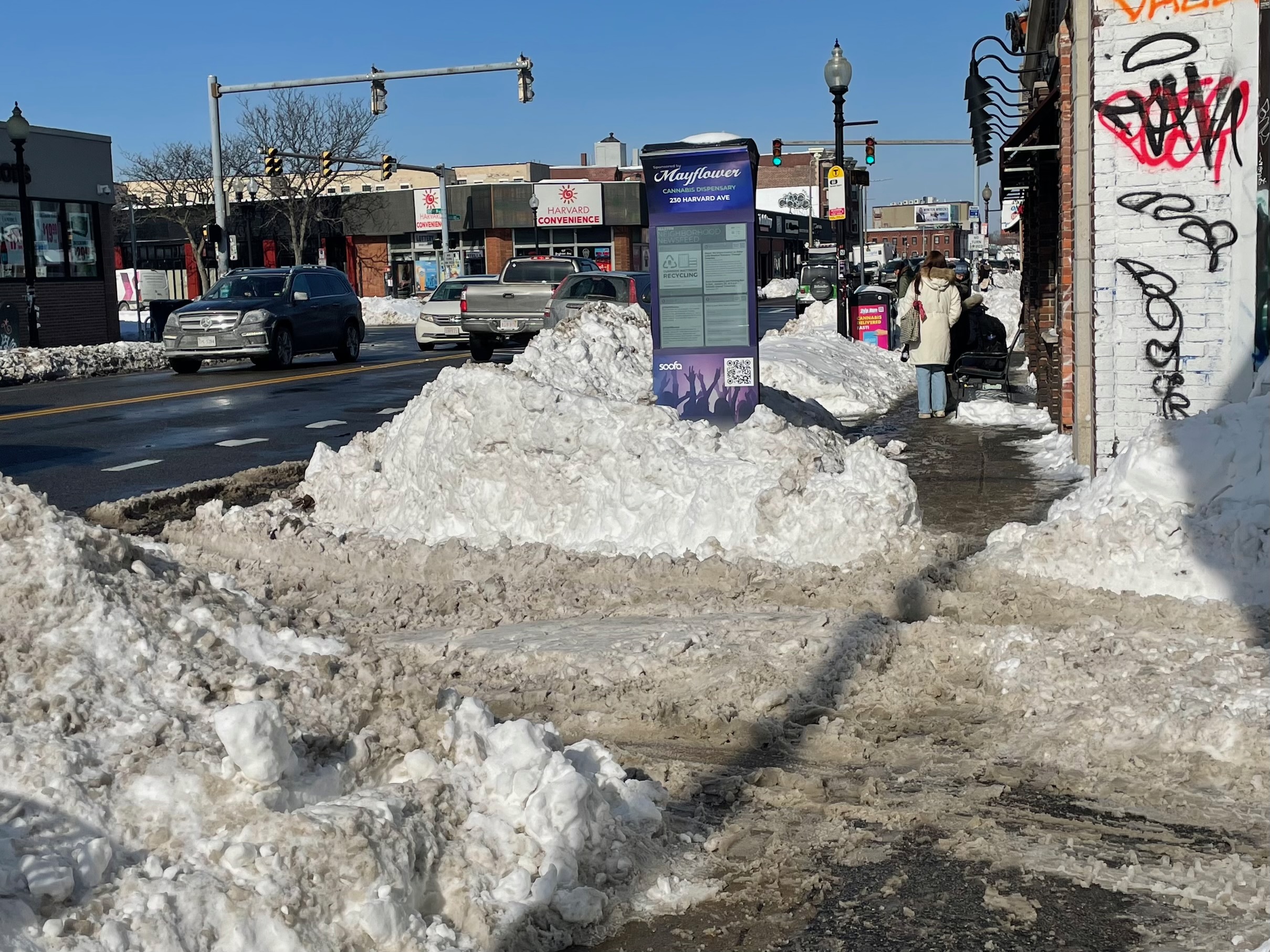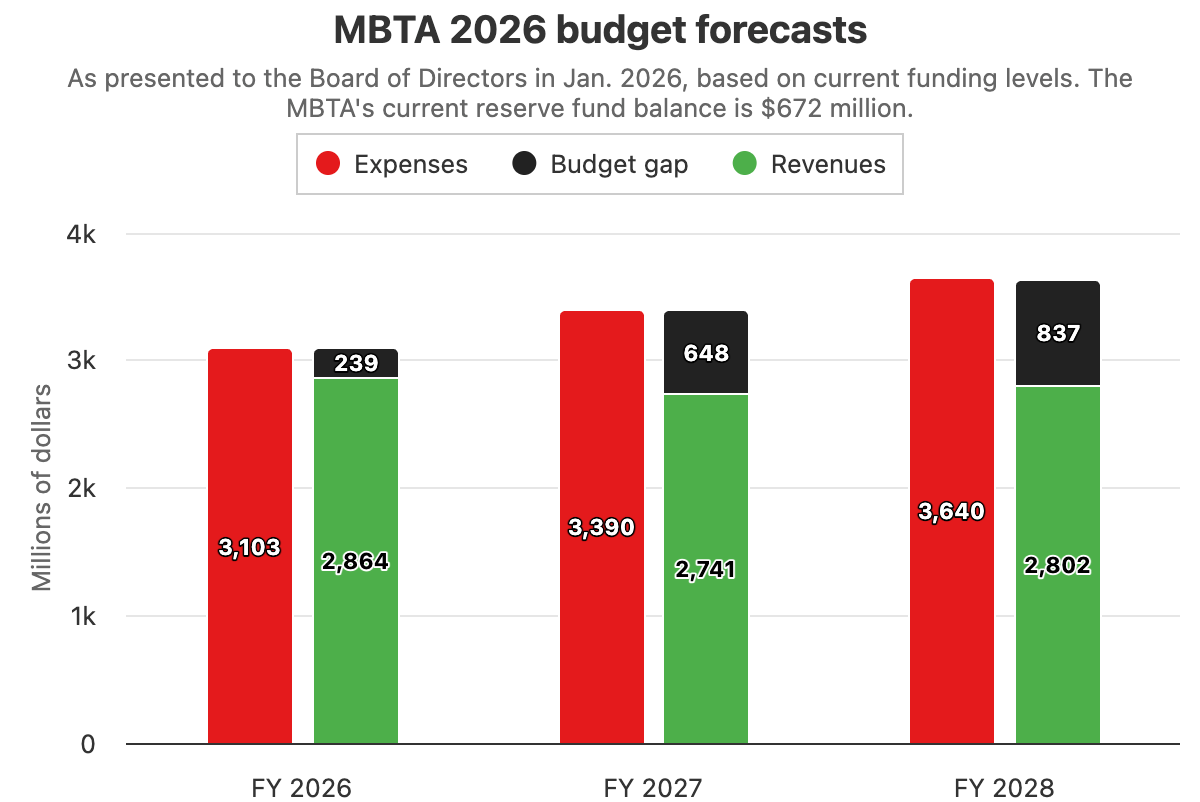A $1 trillion draft economic stabilization plan from the U.S. Senate provides no financial assistance for the nation's transit agencies, which have been bleeding red ink as the COVID-19 pandemic slashes fare collections and revenues from state sales and payroll taxes.
Large transit agencies, whose budgets are generally more reliant on fare revenue, have taken a hard hit to the bottom line this week as their ridership has plummeted.
Smaller agencies, which generally rely more on subsidies from state and local governments, are also bracing for leaner budgets in the coming year as lawmakers and local politicians see their tax collections dry up.
That makes federal action vital to keeping transit services afloat through the pandemic, says Scott Goldstein, policy director for Transportation for America, an organization that's been lobbying for a multi-billion dollar transit assistance package to be included in a federal economic recovery bill.
Goldstein notes that an early draft of a $1 trillion spending plan from Senate Republicans includes assistance for airlines, but nothing for transit agencies.
"This is an emergency, and we need to stabilize an industry that gets people to health care, to their jobs, to meet basic needs," said Goldstein in a phone conversation on Friday. "We cannot let this industry disappear... it’s an essential service."
As reported in StreetsblogNYC, the New York MTA is seeing $87 million in weekly revenue losses from the pandemic, and is requesting $4 billion in additional assistance from the federal government. Earlier this week, Amtrak reported that bookings are down by 50 percent and that it expects to lose hundreds of millions of dollars this year.
Before the COVID-19 emergency halted public life across Massachusetts, officials at the T had been preparing a budget for the 2021 fiscal year that had anticipated increased sales tax revenues and increased fees on Uber and Lyft rides, and lawmakers in the Commonwealth's House of Representatives had passed a major new transportation funding package.
Now, though, many of the assumptions behind those budget discussions look unrealistic, and approval for the transportation bill has become much less of a priority in the state Senate.
In an email message Thursday, Chris Dempsey, Director of Transportation for Massachusetts, wrote that "because of structural headwinds, the T's budget is challenging even in boom times. In this new environment, it will be impossible to make the numbers work without substantially increased support from federal and state government."
Phineas Baxandall, a Senior Analyst at the Massachusetts Budget and Policy Center and occasional StreetsblogMASS contributor, notes that with ridership and traffic congestion down, "urgency for transportation spending is absent right now."
But he warns that demand for transit services are likely to surge as soon as the pandemic and its required "social distancing" begin to ebb.
“If economists are correct that this is the beginning of a potentially deep recession, it will be important to make sure that transit agencies weather this - to make sure that people are able to travel to find new jobs. Infrastructure can be a stimulus to restart the economy," says Baxandall.
Goldstein said that Congress is moving at an "unprecedented speed" to pass legislation, so now is the best time to call members of Congress. His organization has set up an online action alert where advocates can reach out to their own representatives, but he also urged advocates to call and weigh in with House and Senate leaders, and leaders of each chamber's appropriations committee.
Contact House and Senate leaders:
U.S. Capitol switchboard: (202) 224-3121
Senate Democratic leader Chuck Schumer (NY):
www.schumer.senate.gov
(202) 224-6542
Senate Republican leader Mitch McConnell (KY):
www.mcconnell.senate.gov
(202) 224-2541
Senate Appropriations Committee Chair Richard Shelby (AL):
www.shelby.senate.gov
(202) 224-5744
Senate Appropriations Committee Co-Chair Patrick Leahy (VT):
www.leahy.senate.gov
(202) 224-4242
House Speaker Nancy Pelosi (CA)
https://pelosi.house.gov/contact-me
(202) 225-4965
House Appropriations Committee Chair Nita M. Lowey (NY)
https://lowey.house.gov/contact/email
(202) 225-6506






